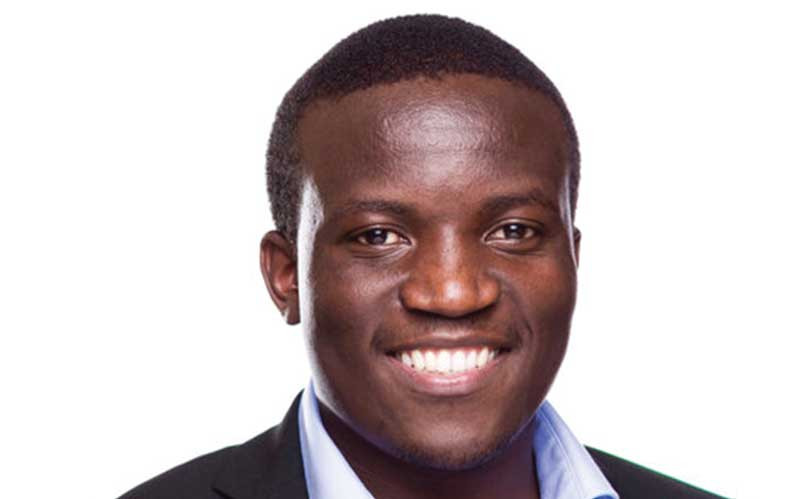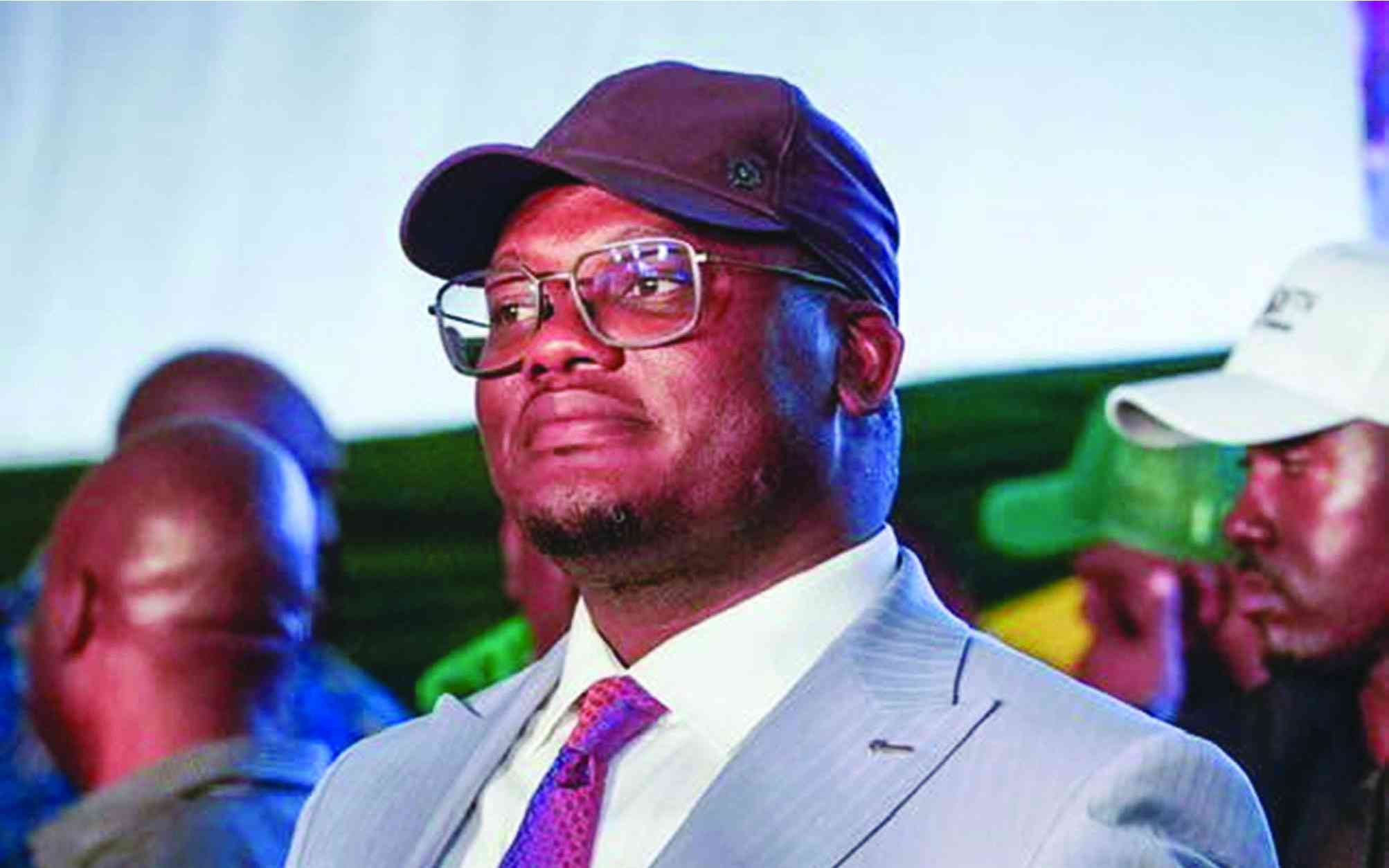
ZIMBABWEAN youth are often accused of being politically apathetic. This article will attempt to separate myths and facts about Zimbabwean youth political participation, identify who constitutes youth, and discuss different modes of political participation used by the youth.
I will also postulate on what could be driving youth political apathy.
Who is the youth?
The concept of “youth” sounds straightforward except that it is vague and contested. When it comes to formal political participation such as voting, the minimum age for youth is easier to identify as it is stipulated by the law which age is eligible to vote. In Zimbabwe that would be 18 years.
The challenge is the upper age limit of who should be considered as “youth”. The African Union “Youth Charter” classifies ages 15 — 35 as youth. The United Nations considers the ages 15 — 24 as youth. The Zimbabwean Constitution defines youth as “people between the ages of 15 and 35 years”. This upper age limit, although higher, still fails to consider the “delayed adulthood” phenomenon that is common in Zimbabwe — that is the failure of many young people to be financially independent and self-sufficient and the inability to transition into substantive adulthood. In some cases, you have 40-year-olds still dependent on their parents.
The question then is: when does one stop being a youth? Is it some abstract and arbitrary number given by the law or more substantive?
Modes of political participation
Youth political participation, defined herein as the active engagement of young people in activities, formal and informal that influence or shape the political process, manifest in different forms. Political participation is not only about voter turnout. There tends to be both a scholarly and public fetish about youth voter turnout. This obsession obscures other important modes of participation such as attachment to a political party, joining protests or demonstrations, contacting elected officials, attending a rally, attending a community meeting, discussing politics, or joining others to raise an issue. When we say the youth are politically apathetic, are we saying that they are completely disengaged from all these activities? I propose that we need a nuanced understanding of youth political participation.
- ED heads for Marange
- ‘Zimbos dreading 2023 elections’
- Your Excellency, the buck stops with you
- We’ll unleash our dogs: Zanu PF
Keep Reading
Each of the aforementioned modes of political participation has its own significance. While the Zimbabwean youth are less likely to turn out to vote, they are more likely to join a protest or a demonstration which suggests that some modes of participation are more appealing than others.
For example, during the 2017 interregnum, the youth played a key part in the anti-Robert Mugabe demonstrations but then did not turn out to vote in the 2018 elections. Voter registration shows intent to vote not only in the upcoming election but in the future as well. Association with a political party shows continuous participation outside of an election. Contacting elected leaders fosters accountability and transparency. Attending a community meeting shows civic engagement and interest in local affairs.
Data does show that compared to older demographics, Zimbabwean youth are apathetic to some forms of political participation. According to the Afrobarometer (2022), responding to the question: “When you get together with your friends or family, how often would you say you discuss political matters?”, the ages 18-25 showed the least interest, with 41,2% saying they occasionally discuss politics.
The ages 36 to 56 and above all reported higher than the 18-25 years in occasionally discussing politics. Surprisingly, the ages 26-35, who according to Zimbabwean law would constitute youth showed the most interest in discussing politics, with 59,1% saying they occasionally discuss politics with friends or family.
In responding to the questions on attending community meetings and joining others to raise an issue, the ages 18-35 were more apathetic and said they would never do it. The ages 18-35 were also most apathetic when it comes to the question of voting in the last election. Only 28,5% of the ages 18-25 said they voted, and 78,4% of the 26-35 said they voted.
The older demographics participated more in the last election, 90,1% of the age group 36-45; 96,2% for the age group 46-55; and 91,8% for the age group 56 and above. At least 92,2% of the age group 18-25 also said they never contacted the Member of Parliament in their constituency to raise awareness about a problem or express their views. Some 89,1% of the same age group said they never contacted a political party official. Compared to the age group 46-56 and above, the age group 18-35 are also more likely to say that they do not feel close to any political party.
Youth political apathy or limited involvement of young people in the political process as compared to older demographics is not only a Zimbabwean phenomenon.
Across Africa, young people are less likely to be politically involved than the older demographics. It does not matter whether the country is a democracy or authoritarian, economically rich or poor, big or small, given the same right, young people are less likely to participate in politics than older people.
Youth voter turnout is also low in the West. Therefore, youth political apathy in Zimbabwe must be understood in this broad context while recognising that each country is different.
What is driving youth political apathy?
One explanation that links low youth voter registration and voter turnout could be a weak attachment to a political party. When young people are not attached to a political party, they are less likely to register to vote or turn out to vote.
The question then is: why the youth lack a strong attachment to a political party? In Zimbabwe and in southern Africa in general, the electoral dominance of old revolutionary parties could discourage youth political participation. The
The ruling Zanu PF party was founded in 1963, the South African ANC was founded in 1912, the Mozambican FRELIMO was founded in 1962, and in Botswana, the BDP was founded in 1961.
The older age groups are more likely to be attached to these revolutionary political parties because they invoke emotions about the liberation struggle which some still resonate with. However, these parties have become obsolete to the younger generations. The youngest person who will vote in the Zimbabwean election this year was born in 2005. How does this young person connect to an anachronistic, jingoistic, kleptocratic, and gerontocratic ruling party?
Even when the youth are detached from the revolutionary ruling party, that does not automatically translate into supporting the opposition.
On one hand, there is a ruling political party still stuck in a liberation war that ended four decades ago and fails to reform and create space for the youth. On the other hand, there is the opposition, still fragmented, disorganised, and fixated on grabbing power without a cogent articulation of an alternative to the status quo. Given the two choices, many youth have no interest in politics.
The advent of the internet and the proliferation of social media has also been suggested as a driver of Zimbabwean youth political apathy.
Read more:
- Innocent Mpoki is a Zimbabwean national, a PhD student and teaching assistant at Boston College in the United States.






